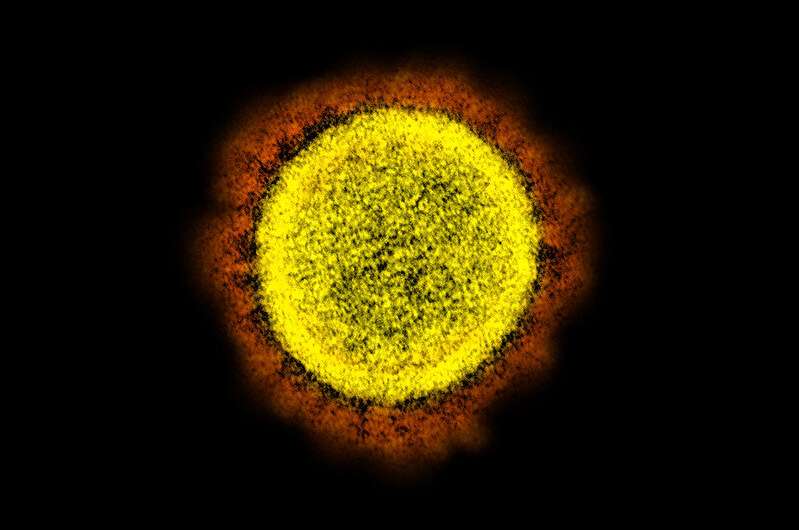
New strains of SARS-CoV-2, the virus that causes COVID-19, may have greater transmissibility or altered virulence, or may exhibit resistance to the current vaccines. Now, scientists are racing to develop better ways to detect emerging SARS-CoV-2 strains among the high number of diagnosed infections.
Johns Hopkins assistant professor of pathology Ben Larman, Ph.D., and his team have been working to improve the analysis of genetic material called RNA that forms the genome of many viruses.
Specifically, the Johns Hopkins team is developing a technique to scan biological specimens, including saliva or specimens obtained with nasal swabs, using specialized DNA probes that sift through a complex “forest” of RNA sequences. The probes can detect specific RNA sequences of viruses and other disease-causing pathogens.
A report describing the development and application of the test (cRASL-seq), led by Larman and postdoctoral fellow Joel Credle, Ph.D., appeared online Feb. 3 in the journal Modern Pathology.
Source: Read Full Article
